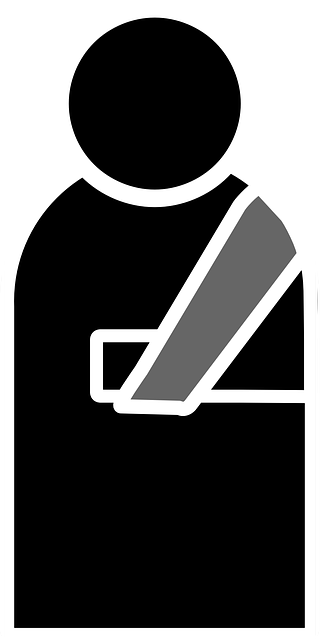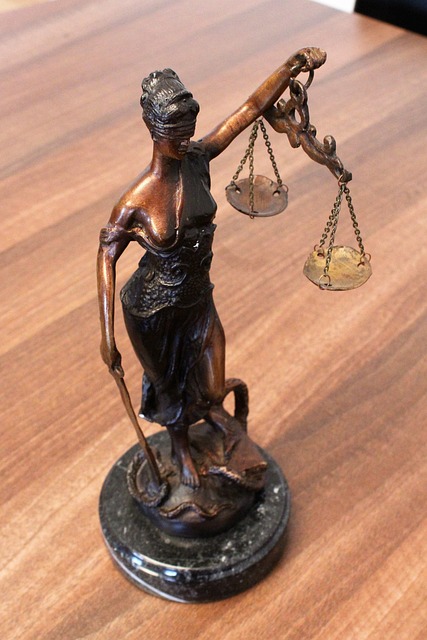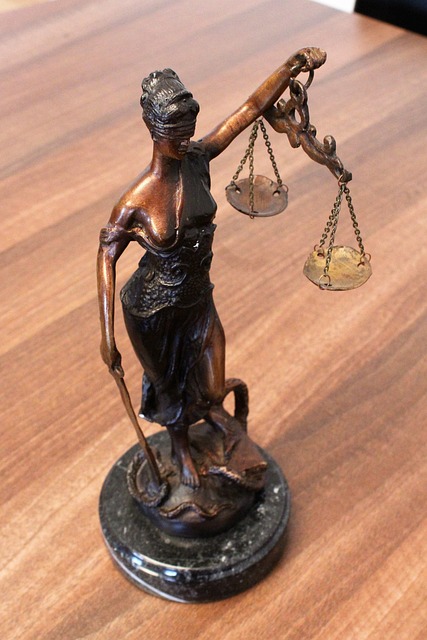Personal injury law encompasses legal cases where individuals seek justice and compensation for harm caused by another party's negligence or intentional actions. This includes various scenarios like car accidents, slip and fall incidents, medical malpractice, and product liability. Key concepts involve negligence, duty of care, causation, and damages, aiming to restore victims to their pre-incident state through financial compensation. Understanding one's rights under personal injury law is crucial, with immediate medical attention and detailed documentation serving as initial steps following an injury. Consulting a qualified attorney specializing in this field ensures protection of rights and fair compensation for injuries, medical expenses, pain, suffering, and associated losses.
Personal injury law protects individuals harmed due to someone else’s negligence. This comprehensive guide delves into the intricacies of this legal field, offering insights on understanding personal injury law, common case types, liability and compensation, and navigating the claims process. Whether you’re seeking justice or aiming to prevent a potential lawsuit, this article equips you with vital knowledge about personal injury law.
- Understanding Personal Injury Law: A Comprehensive Overview
- Common Types of Personal Injury Cases and Their Legal Recourse
- The Role of Liability and Compensation in Personal Injury Lawsuits
- Navigating the Process: What to Expect After a Personal Injury Incident
Understanding Personal Injury Law: A Comprehensive Overview

Personal injury law is a complex legal field that encompasses a wide range of scenarios where an individual suffers harm due to another party’s negligence or intentional actions. It serves as a crucial mechanism for individuals to seek justice and compensation for their injuries, medical expenses, pain, and suffering. This area of law covers various incidents, including car accidents, slip and fall cases, medical malpractice, product liability, and more.
Understanding personal injury law involves grasping key concepts such as negligence, duty of care, causation, and damages. Negligence, a common legal term, refers to a failure to exercise reasonable care, which can lead to harm or injuries. Duty of care dictates the level of caution expected from individuals or entities in ensuring the safety of others. Establishing causation means proving that the defendant’s actions directly resulted in the plaintiff’s injuries. Damages, an essential aspect, refer to the financial compensation awarded to restore the plaintiff to their pre-incident condition, covering expenses like medical bills, lost wages, and pain and suffering.
Common Types of Personal Injury Cases and Their Legal Recourse

Personal injury cases encompass a wide range of situations where an individual suffers harm due to another party’s negligence or intentional actions. Some of the most common types include motor vehicle accidents, slip and fall incidents, medical malpractice, workplace injuries, and product liability claims. Each of these scenarios has its own unique legal nuances and potential for compensation under personal injury law.
For instance, in car crashes, victims may pursue damages for medical expenses, lost wages, pain and suffering, and even punitive measures against negligent drivers. Slip and fall cases often involve premises liability, where property owners are held accountable for unsafe conditions on their premises. Medical malpractice claims can arise from misdiagnosis, surgical errors, or failure to obtain informed consent, potentially resulting in significant financial awards. The legal recourse available varies based on the specifics of each case, highlighting the importance of understanding one’s rights under personal injury law.
The Role of Liability and Compensation in Personal Injury Lawsuits

In personal injury lawsuits, understanding liability and compensation is key. Personal injury law centers around determining fault and ensuring victims receive fair and just compensation for their injuries. When someone suffers harm due to another party’s negligence or intentional actions, they have the right to seek legal recourse under personal injury law. Liability establishes responsibility, while compensation aims to restore victims to their pre-injury state as much as possible.
Compensation can include various elements such as medical expenses, lost wages, pain and suffering, and punitive damages where applicable. The goal is to make amends for the physical, emotional, and financial impacts of the injury. Personal injury law provides a framework for victims to hold accountable those responsible and secure the resources needed for their recovery and well-being.
Navigating the Process: What to Expect After a Personal Injury Incident

After a personal injury incident, understanding the process is crucial for anyone navigating personal injury law. Initially, it’s essential to prioritize your well-being and seek medical attention promptly. Once stable, document every detail of the incident – from witness statements to photos of injuries or property damage. This documentation becomes vital evidence in what follows.
Next, consider consulting with a qualified attorney specializing in personal injury law. They will guide you through the legal process, which typically involves filing a claim with the appropriate insurance company. Their expertise ensures your rights are protected and that you receive fair compensation for your injuries, medical expenses, and any other associated losses as dictated by personal injury law.
Personal injury law plays a crucial role in ensuring victims receive fair compensation for their suffering. By understanding the various types of cases, liability principles, and the legal process involved, individuals can better navigate the challenges that follow an accident. Whether it’s a car crash, slip-and-fall incident, or medical malpractice, knowledge is empowering. This comprehensive overview aims to equip readers with the insights needed to explore their rights and seek justice in personal injury matters.
